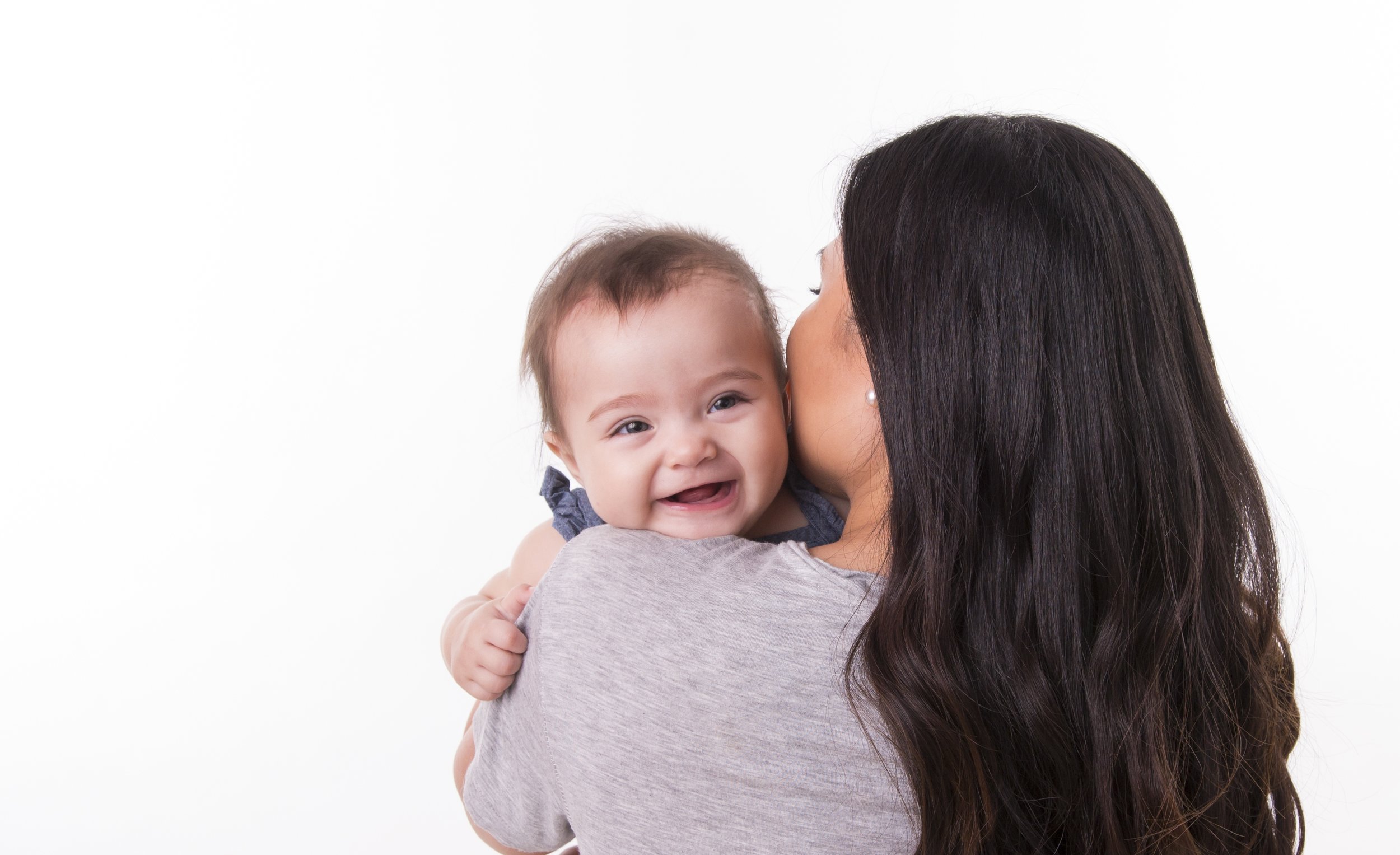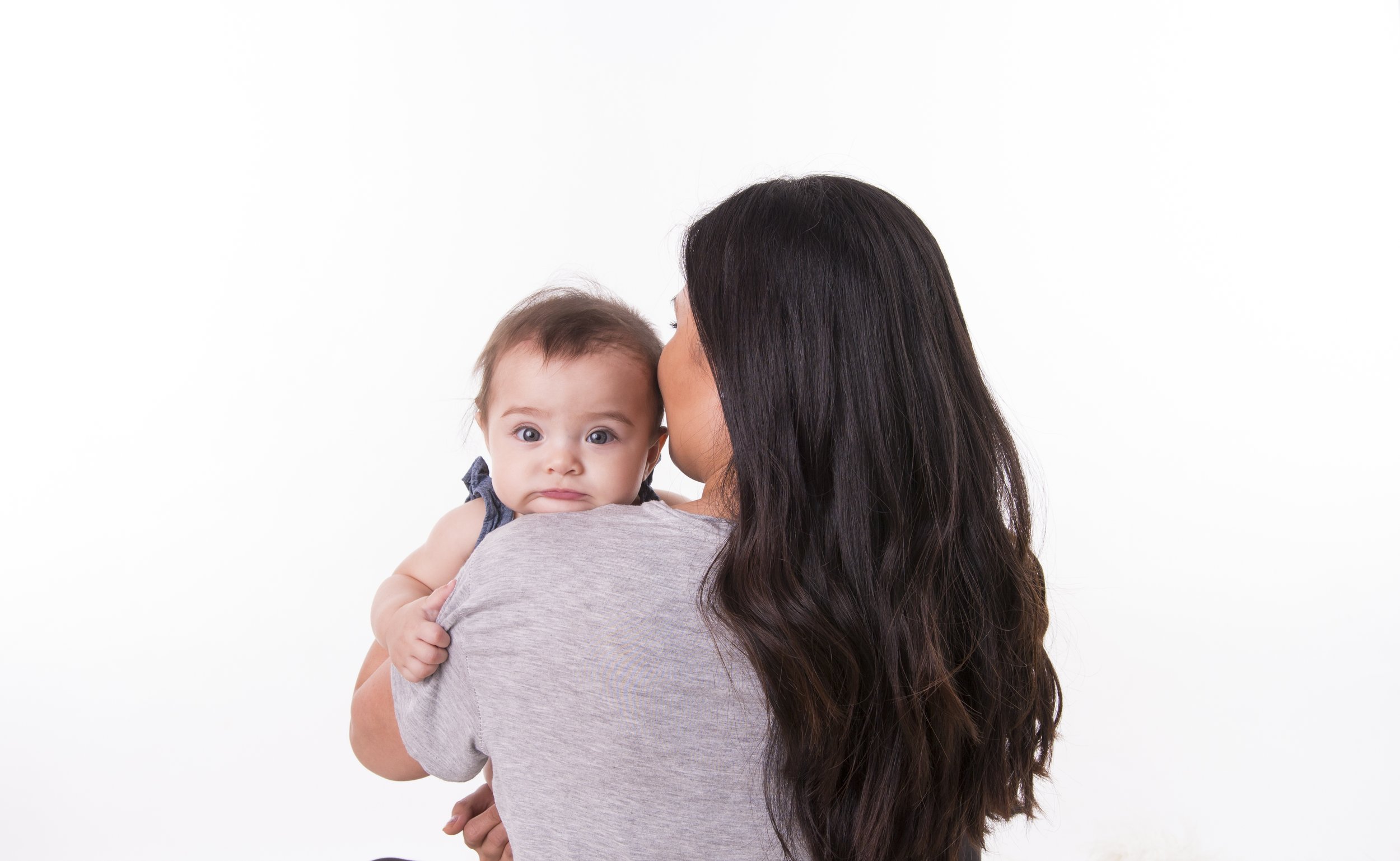Nothing gets a mother’s heart beating faster than the blush of fever on baby’s cheeks. A new mom, most specially, might find herself flustered at the thought that her little one is in some kind of discomfort or pain.
Jaime Isip-Cumpas, M.D., pediatrician and International Board Certified Lactation Consultant, advises the concerned mom not to panic. She says, “She shouldn’t be afraid of a rising temperature and be overzealous about giving antipyretics especially if the baby appears well. The goal of giving these medicines is to make the child more comfortable. If the child has a fever but is playful and acting normally, treatment to reduce fever does not need to be given.”
Mom should check as well if baby is not just over-bundled. It could be that baby became hot because of all the extra layers of clothing and blanket.
Fever, says Dr. Isip-Cumpas, is not an illness in itself but a physiologic mechanism that protects the body against infection.
“The degree of fever does not always correlate with the severity of illness. It is important to monitor the child’s general well-being and not just focus on the number on the thermometer alone.”
Infection is the most common cause of fever. Common bacterial and viral illnesses include respiratory infections such as the common cold, tonsillitis, pneumonia, and croup, ear infections, gastroenteritis. and urinary tract infections.
“Fever may also be a common side effect of some vaccinations but timing would vary depending on the kind of vaccine given,” she adds.
How do you care for a baby with fever? Dr. Isip-Cumpas gives a couple of suggestions:
- Keep baby comfortable.
- Make sure he gets enough fluids/breastmilk and rest.
- Give the proper dosage of fever-reducing medicine such as Paracetamol and Ibuprofen at the right time when needed. Consult the doctor.
When should Mom bring her baby to the doctor? Dr. Isip-Cumpas recommends bringing baby to the doctor…
- If he is less than three months old and has a fever. Consult with your physician immediately as this may be a serious illness.
- If the febrile child is irritable, refuses to drink or breastfeed, has seizures, and a skin rash
- If a child has high grade fever ( >39.5C) or prolonged low grade fever of one week or more
- If the fever has been persistent and has lasted for 3 days or more

Dr. Jamie Isip-Cumpas is a member of the Mommy Mundo Board of Experts. She graduated with a Bachelor of Science degree in Psychology at the Ateneo de Manila University and obtained her medical degree at the Faculty of Medicine and Surgery at the University of Santo Tomas.
Photographs by Stanley Ong


Leave a Reply